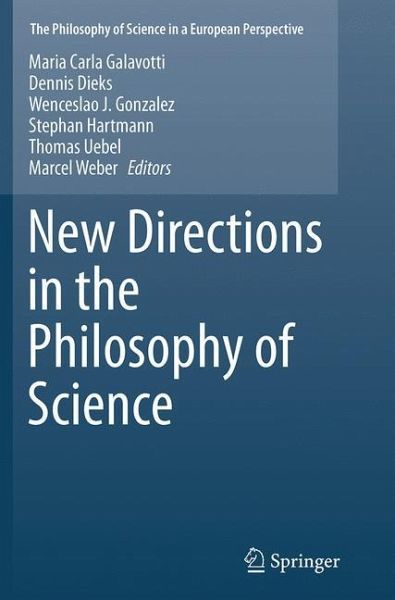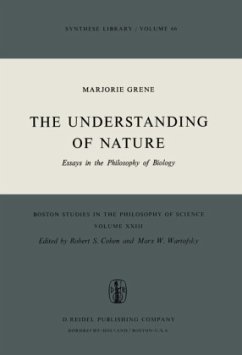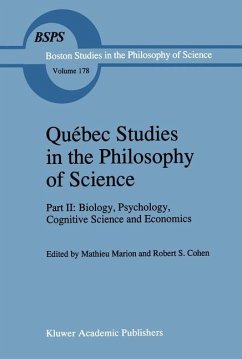
New Directions in the Philosophy of Science
Versandkostenfrei!
Versandfertig in 6-10 Tagen
190,99 €
inkl. MwSt.

PAYBACK Punkte
95 °P sammeln!
This volume sheds light on still unexplored issues and raises new questions in the main areas addressed by the philosophy of science. Bringing together selected papers from three main events, the book presents the most advanced scientific results in the field and suggests innovative lines for further investigation. It explores how discussions on several notions of the philosophy of science can help different scientific disciplines in learning from each other. Finally, it focuses on the relationship between Cambridge and Vienna in twentieth century philosophy of science. The areas examined in t...
This volume sheds light on still unexplored issues and raises new questions in the main areas addressed by the philosophy of science. Bringing together selected papers from three main events, the book presents the most advanced scientific results in the field and suggests innovative lines for further investigation. It explores how discussions on several notions of the philosophy of science can help different scientific disciplines in learning from each other. Finally, it focuses on the relationship between Cambridge and Vienna in twentieth century philosophy of science. The areas examined in the book are: formal methods, the philosophy of the natural and life sciences, the cultural and social sciences, the physical sciences and the history of the philosophy of science.












